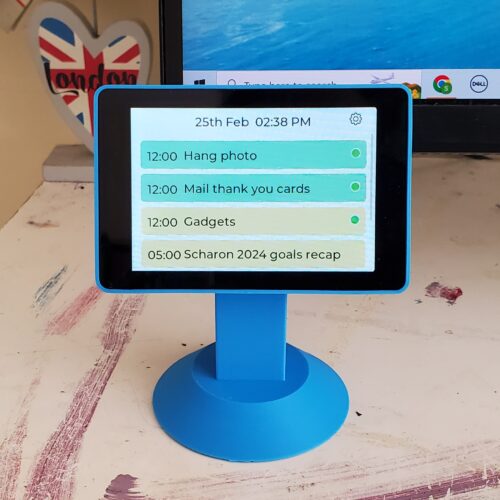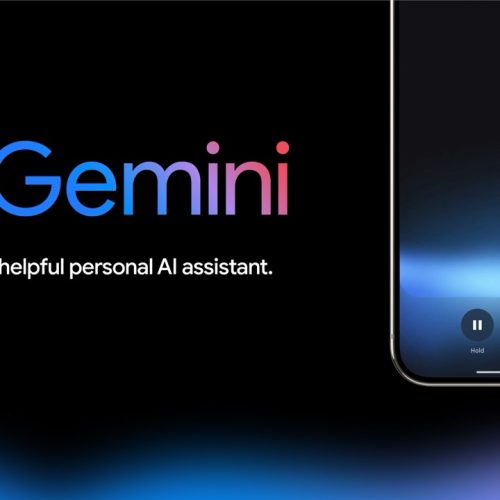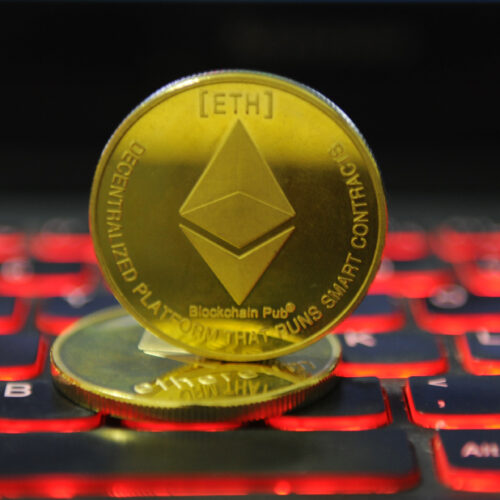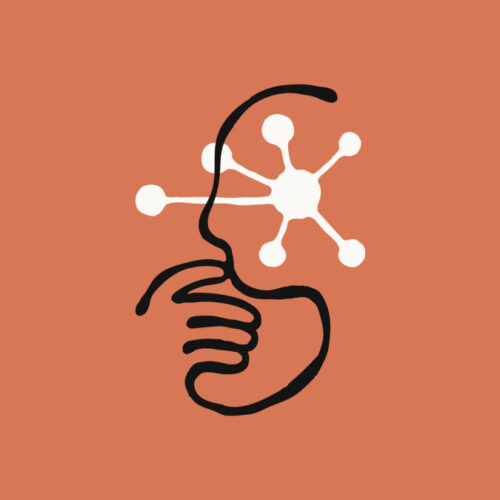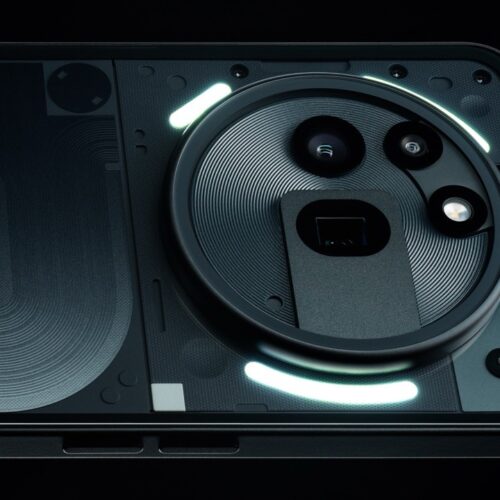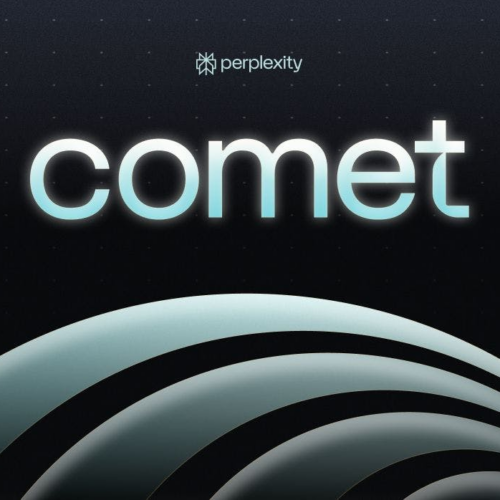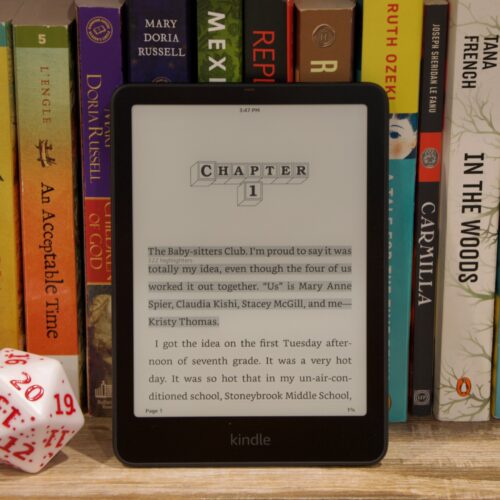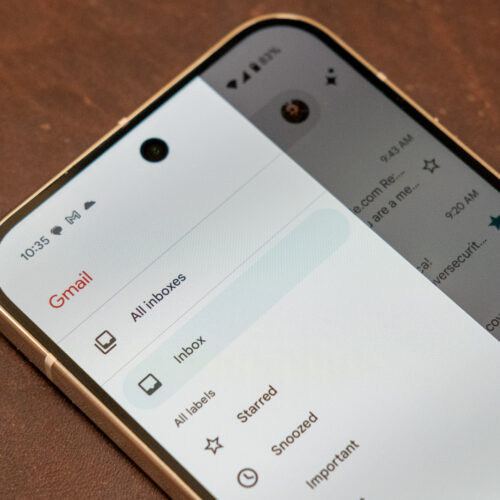Supreme Court rejects ISPs again in latest bid to kill NY’s $15 broadband law
The Supreme Court has once again rejected a telecom industry challenge to New York's $15 broadband law.
The court first refused the hear the case in December, which meant that an appeals court ruling upholding the law was not disturbed. New York started enforcing the law in January, but broadband industry groups made another attempt to get the Supreme Court's attention.
AT&T stopped offering its 5G home Internet service in New York entirely instead of complying with the law, and the industry hoped AT&T's exit would convince the Supreme Court to change its decision. Lobby groups filed a supplemental brief on January 17 urging the court to reconsider its denial of their petition, saying that AT&T's exit proves that "some providers will cease offering broadband service in New York rather than sell at a loss."


© Getty Images | NurPhoto




